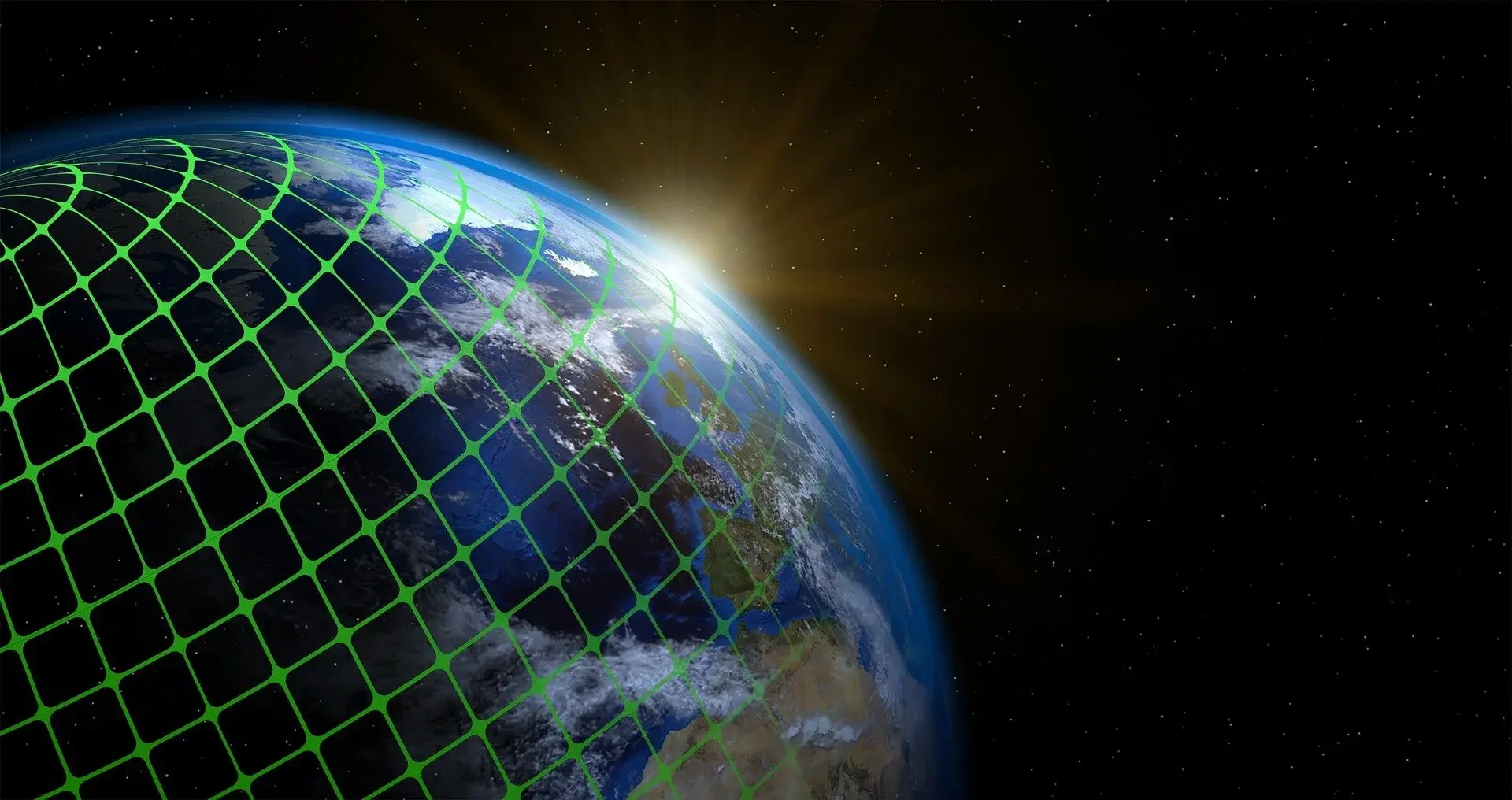The simulated universe theory implies that our universe, with all its galaxies, planets and life forms, is a meticulously programmed computer simulation. In this scenario, the physical laws governing our reality are simply algorithms. The experiences we have are generated by the computational processes of an immensely advanced system.
While inherently speculative, the simulated universe theory has gained attention from scientists and philosophers due to its intriguing implications. The idea has made its mark in popular culture, across movies, TV shows and books—including the 1999 film “The Matrix.”
The earliest records of the concept that reality is an illusion are from ancient Greece. There, the question “What is the nature of our reality?” posed by Plato (427 BC) and others, gave birth to idealism. Idealist ancient thinkers such as Plato considered mind and spirit as the abiding reality. Matter, they argued, was just a manifestation or illusion.
Fast forward to modern times, and idealism has morphed into a new philosophy. This is the idea that both the material world and consciousness are part of a simulated reality. This is simply a modern extension of idealism, driven by recent technological advancements in computing and digital technologies. In both cases, the true nature of reality transcends the physical.
Within the scientific community, the concept of a simulated universe has sparked both fascination and skepticism. Some scientists suggest that if our reality is a simulation, there may be glitches or patterns within the fabric of the universe that betray its simulated nature.
However, the search for such anomalies remains a challenge. Our understanding of the laws of physics is still evolving. Ultimately, we lack a definitive framework to distinguish between simulated and non-simulated reality.



Information is quantifiable in physics. PBS Spacetime has some videos on information theory if you’re interested. A very simple example could be the spin of a particle (say it’s either up or down). That represents one “bit” of information because it only gives you a binary response - the same as in a computer. We don’t have any great models once you get to the size of biology but in theory you can layer it up all the way from the smallest of subatomic particles and “measure” the information of anything.
Interesting. And so what does the author mean by “event” then? Just literally anything happening? Does their “law” track with events happening?
I haven’t read the paper but an event is just any interaction between particles. Just literally anything happening. I wouldn’t be trying to learn much from this write up though and highly suggest looking into some better sources of information.
This is such a huge leap to make. It’s nearly equivalent to saying due to the fact that your coffee gets colder over time you can conclude that the entire universe is a simulation.
According to? Presumably if you can simulate an entire universe you have at least orders of magnitude more computational capacity than this universe. But apparently not too much more because you would “require” compression in order to fit all that data?
Just a few things that stood out to me as wtf moments.
EDIT: I forgot the best quote in the page:
Not even remotely true. It’s commonly accepted that the entropy of the universe is constantly increasing and it’s got nothing to do with the the universe as a whole being unable to lose or gain heat (from an outside source). Entropy increases because what’s inside, as a whole, is moving towards a state of equilibrium.